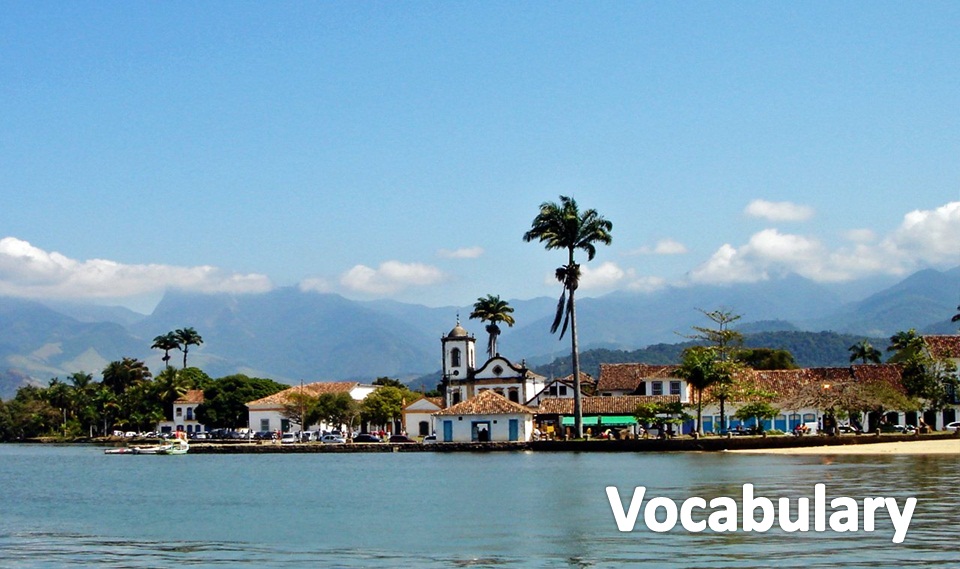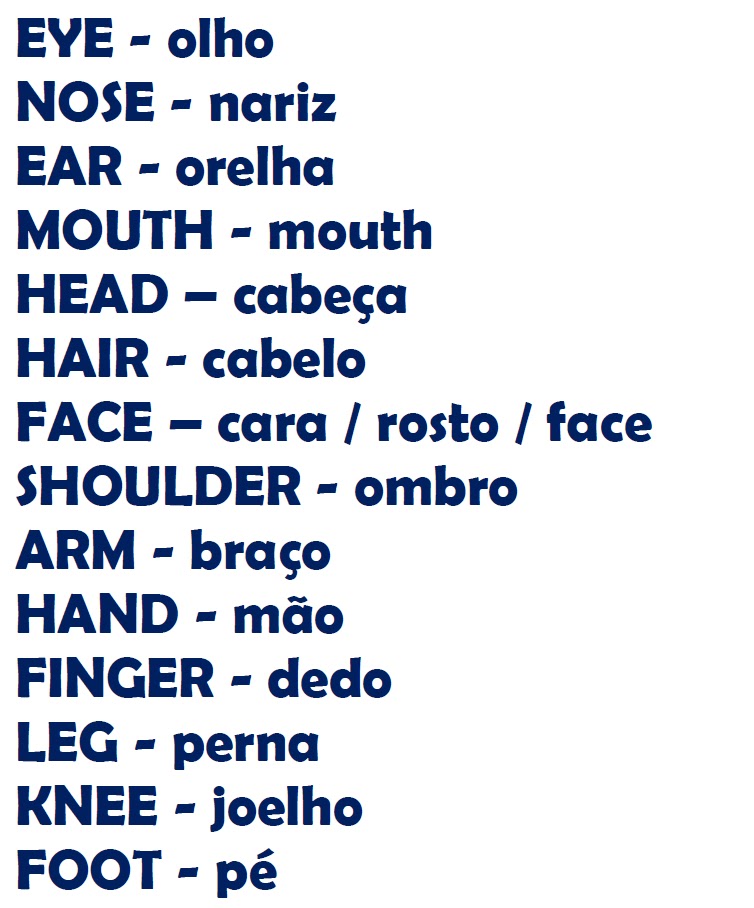
Portuguese Days of the Week
The days of the week in Portuguese are a combination of ordinal numbers and feira for Monday through Friday.| Monday | segunda-feira |
| Tuesday | terça-feira |
| Wednesday | quarta-feira |
| Thursday | quinta-feira |
| Friday | sexta-feira |
| Saturday | sábado |
| Sunday | domingo |
| today | o dia |
| week | a semana |
| weekend | o fim de semana |
| today | hoje |
| tomorrow | amanhã |
The days from Monday to Friday have this name because they were called according to the fair (feira) that used to take place in that day a long time ago. A “feira” is a set of tents pitched in the street where you can buy vegetables, fruits, and other food items.
Portuguese Months of the Year
The months of the year in Portuguese are quite similar to the words in English.
| January | janeiro |
| February | fevereiro |
| March | março |
| April | abril |
| May | maio |
| June | junho |
| July | julho |
| August | agosto |
| September | setembro |
| October | outubro |
| November | novembro |
| December | dezembro |
| month | o mês |
| the first of [a month] | primeiro de [month] |
| year | o ano |
The Seasons in Portuguese
| spring | primavera | in the spring | na primavera |
| summer | verão | in the summer | no verão |
| autumn | outono | in the autumn | no outono |
| winter | inverno | in the winter | no inverno |
Learn how to say the directions in Portuguese:
| north | norte | northeast | nordeste |
| south | sul | southeast | sudeste |
| east | leste | northwest | noroeste |
| west | oeste | southwest | sudoeste |
| right | à direita |
| left | à esquerda |
| straight ahead | sempre em frente |
Portuguese Plural Nouns
There are four main ways to form plural nouns in Portuguese:
1. Words that end in -l : drop the l and put -is if the word does not have an i before the l. If it has an e you change it to é to make the same sound.
pastel (pastry) – pastéis
2. Words that end in -ão : it has no rule. Sometimes you change it to -ões or -ães, or just add -s, depending on the word. It’s better to memorize the plural when you learn the word.
coração (heart) – corações
mão (hand) – mãos cão (dog) – cães3. Words that end in -s or -z : have no plural form, so the singular and plural are the same.
ônibus (bus)
óculos (glasses) arroz (rice)4. All other words : just add an -s.
pêra (pear) – pêras maçã (apple) – maçãs guaraná (soda) – guaranás
Learn how to say the family members and some animals in Portuguese
| family | família | nephew | sobrinho |
| parents | pais | niece | sobrinha |
| husband | marido / esposo | cousin (m) | primo |
| wife | esposa / mulher | cousin (f) | prima |
| father | pai | relatives | parentes |
| mother | mãe | ||
| son | filho | dog | cachorro/cão |
| daughter | filha | cat | gato |
| children | filhos | bird | pássaro |
| sister | irmã | fish | peixe |
| brother | irmão | horse | cavalo |
| grandfather | avô | goat | cabra |
| grandmother | avó | pig | porco |
| grandson | neto | cow | vaca |
| granddaughter | neta | rabbit | coelho |
| uncle | tio | turtle | tartaruga |
| aunt | tia | mouse | rato |

